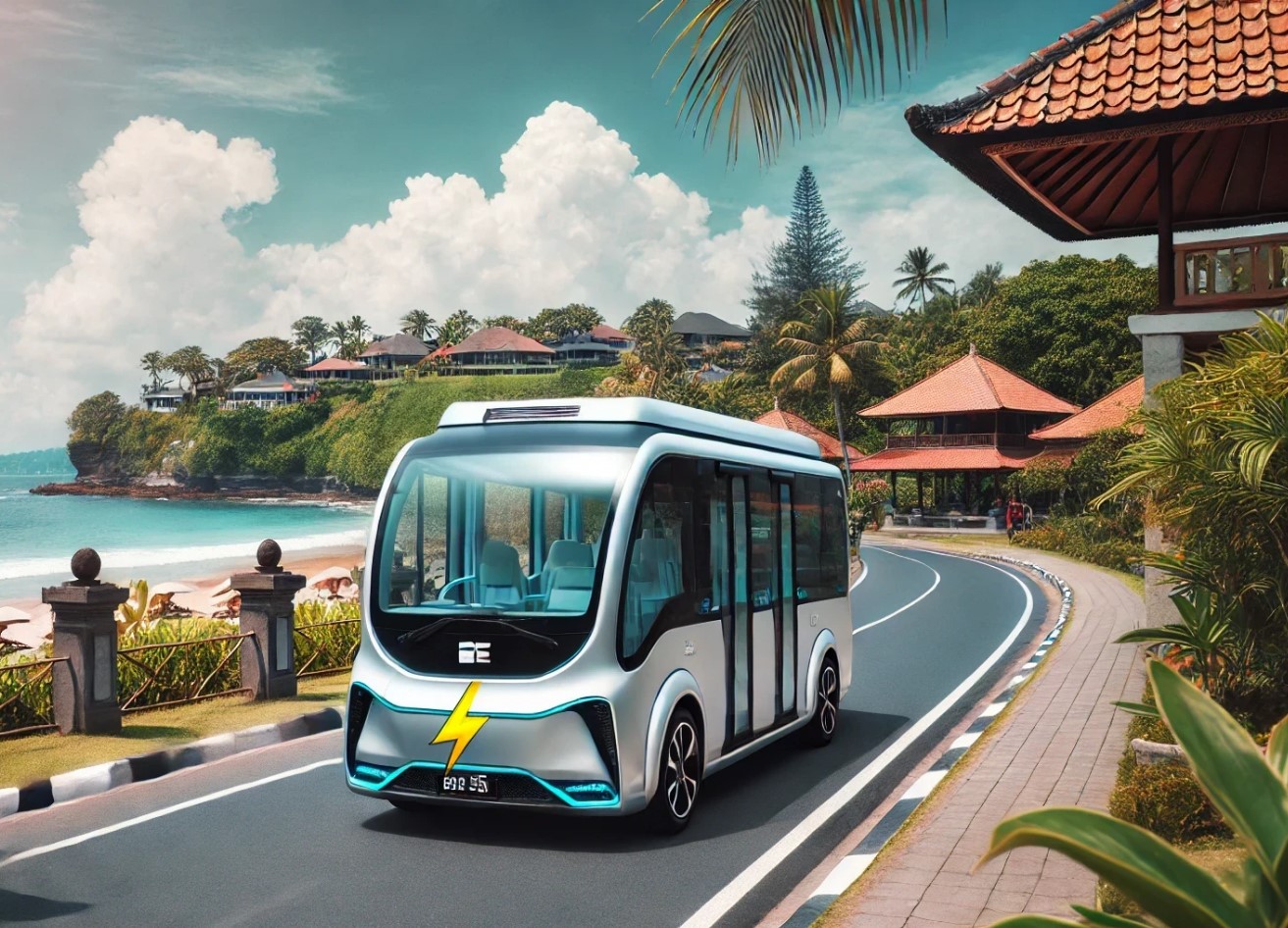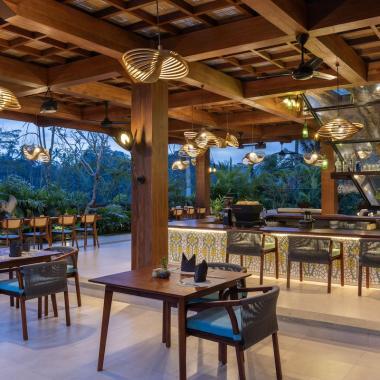Sanur, one of Bali’s most iconic tourism destinations, is set to introduce a free electric shuttle bus service, marking a significant step toward sustainable and efficient transportation. This initiative aims to ease congestion, support the growing influx of visitors, and complement the area's transformation into a leading medical tourism hub.
This initiative complement the area's transformation into a leading medical tourism hub.
A New Era for Transportation in Sanur
Recognized as Bali’s original tourism resort, Sanur has experienced substantial growth over the years. With its tranquil beaches, rich cultural appeal, and strategic location as the primary gateway to Nusa Penida, Nusa Lembongan, and the Gili Islands, the area attracts thousands of visitors daily. However, this popularity has led to increased traffic congestion, particularly around the port and main commercial areas. To address this challenge, authorities have developed a structured public transportation plan that integrates sustainability with convenience.
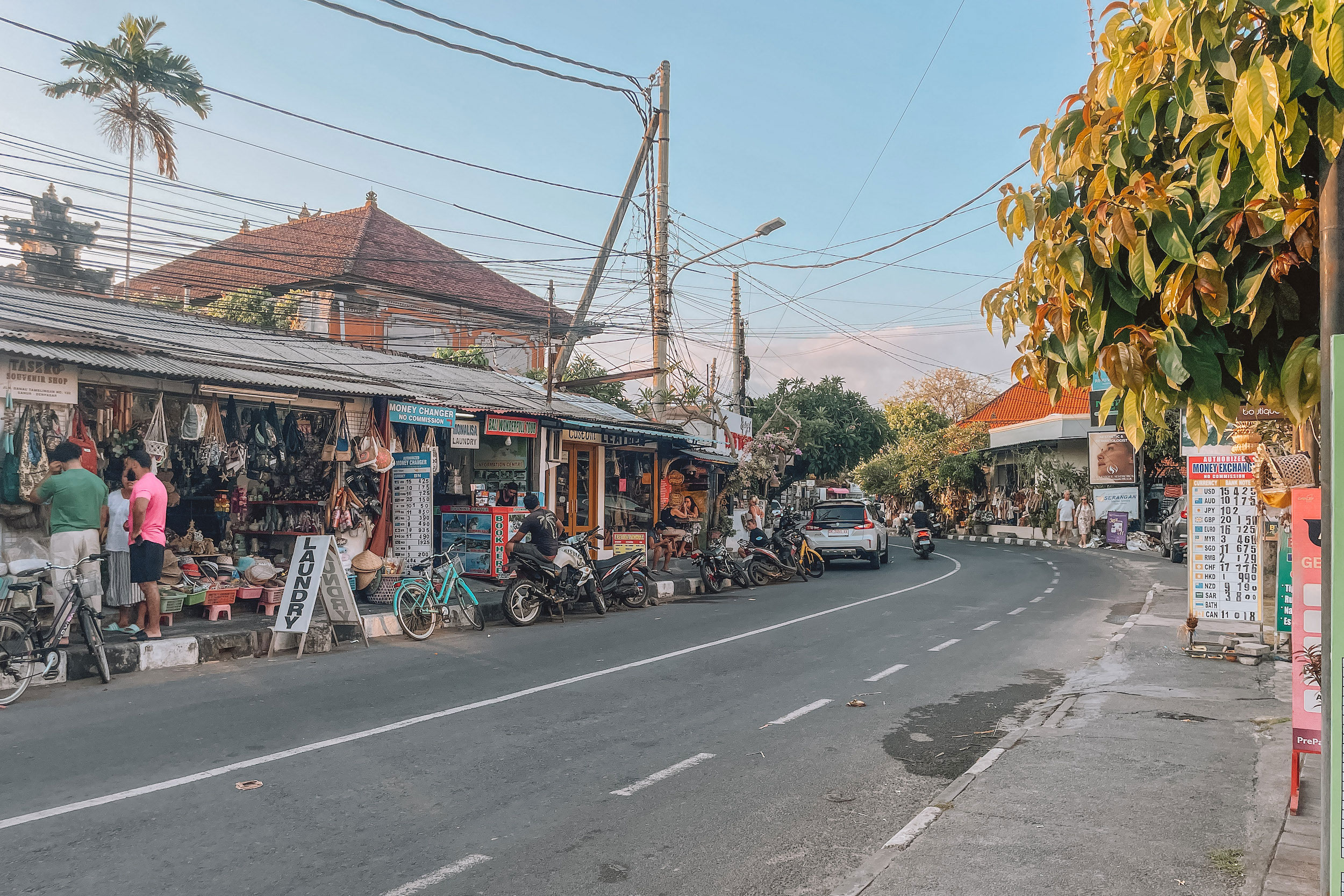
The first phase of the shuttle service will operate with a fleet of twenty electric buses, offering an eco-friendly alternative to private transport. These buses will run on a dedicated route, ensuring smooth and efficient operations without adding to existing traffic. Strategically placed parking lots and designated stops will further enhance the system’s effectiveness, providing easy access for both tourists and local residents.
Building on Bali's Electric Bus Initiatives
This new shuttle service builds upon Bali's previous efforts to incorporate electric vehicles into its transportation network. During the G20 Summit in November 2022, Bali deployed a fleet of electric buses to facilitate the mobility of delegates, showcasing Indonesia's commitment to sustainable transportation solutions.
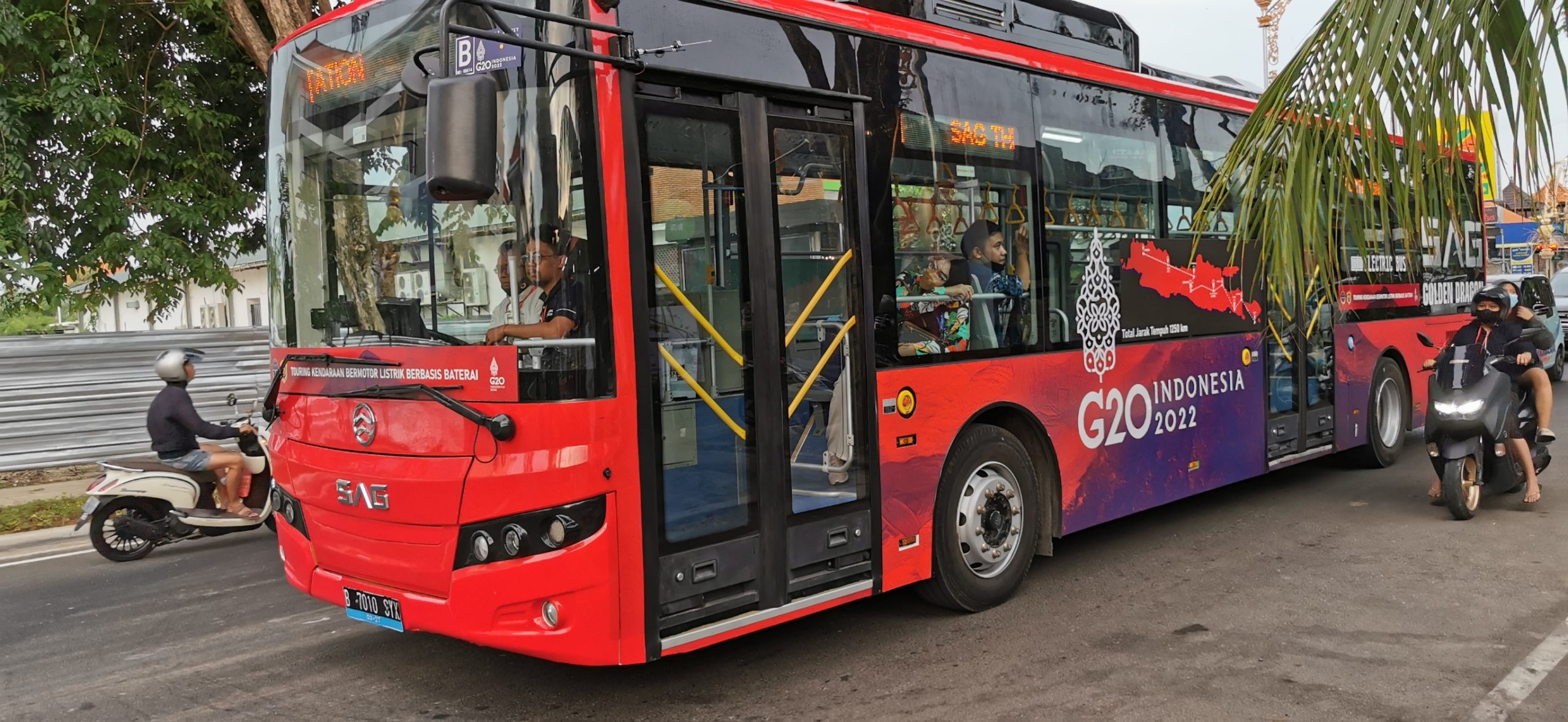
Global Trends Toward Zero-Emission Buses
The introduction of electric buses in Sanur aligns with a broader global movement toward zero-emission public transportation. The road transport sector, responsible for over 20% of global carbon dioxide emissions, presents significant opportunities for emissions reduction through the adoption of zero-emission vehicles (ZEVs). Multiple major economies have recently adopted regulations aiming for 100% ZEV sales for new cars and vans by 2035, signaling growing momentum for this transition.
In the United States, for instance, the first quarter of 2024 saw zero-emission buses representing nearly 11% of all bus registrations—the first time this market penetration has surpassed 10% in any heavy-duty vehicle segment. Similarly, the European Union announced a Clean Vehicles Directive mandating that 85% of buses must have zero tailpipe emissions by 2030, and 100% by 2035.
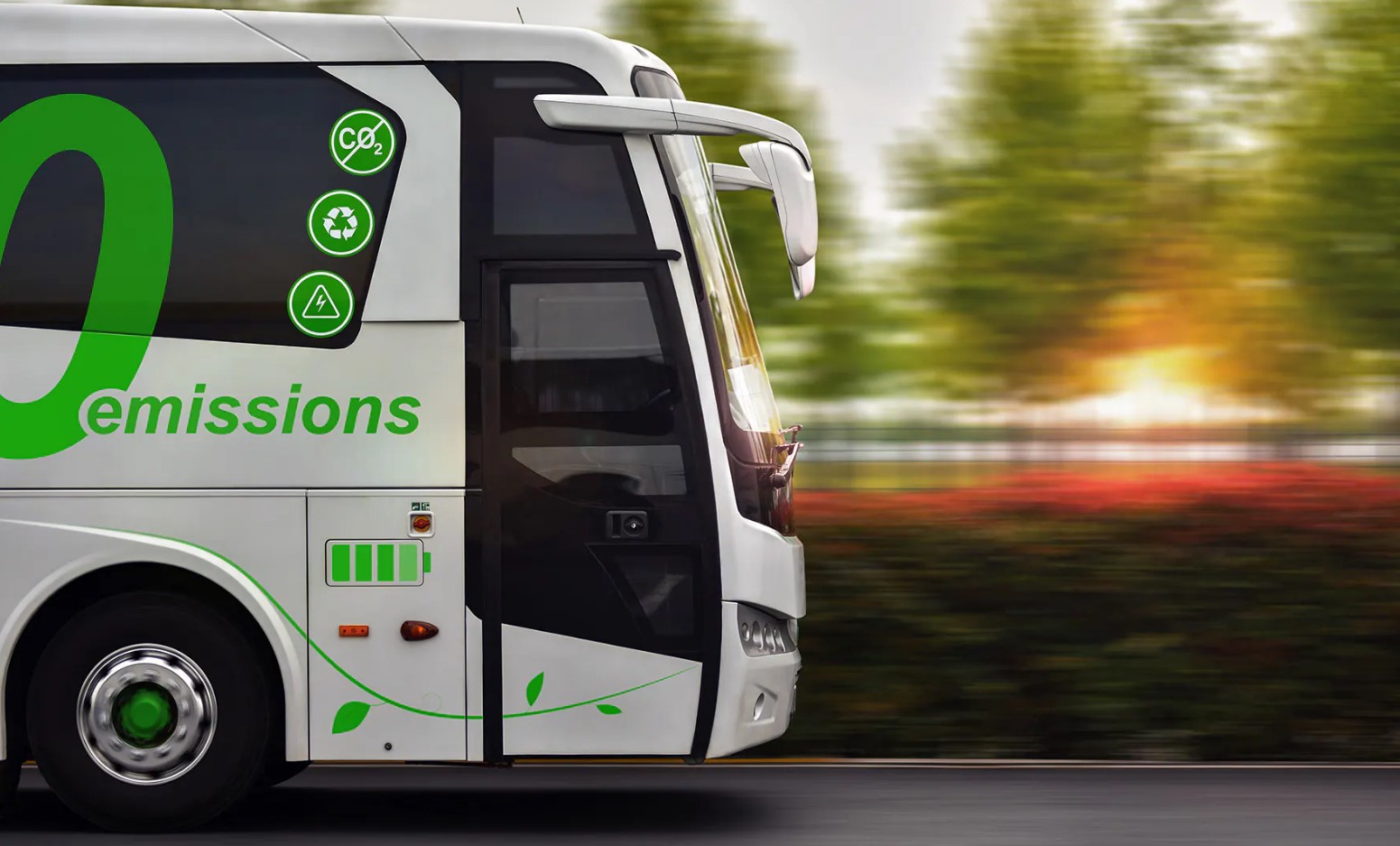
Boosting Accessibility and Sustainability
Sanur’s new electric shuttle service is more than just a transportation upgrade; it represents a commitment to reducing emissions and creating a more pedestrian-friendly environment. While the beachfront walkway stretching from Mertasari Beach to Sanur Port already provides a scenic, walkable experience, navigating the larger Sanur area often requires alternative transport. The shuttle aims to bridge this gap by offering a free, safe, and accessible mode of travel, especially beneficial for families, elderly visitors, and those looking to escape the midday heat.
The implementation of low-emission vehicles aligns with Sanur’s ongoing development as a Low Emission Zone, reinforcing Bali’s broader environmental goals. By minimizing reliance on private cars and motorbikes, the shuttle service is expected to significantly reduce traffic congestion and pollution in the area.
Integration with Future Transport Plans
This initiative also arrives at a crucial time for Bali’s public transportation sector. With the temporary suspension of the Trans Metro Dewata bus service due to funding constraints, the new shuttle system offers a timely solution to mobility concerns in Sanur. In the long run, once the larger Trans Metro Dewata network is reinstated, the electric shuttle will function as a feeder service, seamlessly integrating into the broader transport framework.
Designed to operate efficiently, the shuttle service will run every ten minutes, ensuring that passengers experience minimal wait times. The initial route will connect key locations from Mertasari to Segara Ayu, with future expansions planned to include Sanur Port. This strategic expansion will further enhance accessibility, making it easier for travelers to move between the resort area and island transport hubs.
As Sanur continues to evolve into a world-class destination, improving transportation infrastructure plays a critical role in enhancing the visitor experience. The introduction of a free, eco-friendly shuttle system not only strengthens Bali’s tourism appeal but also supports local communities by offering a cost-effective, sustainable travel solution.
With its seamless integration, environmental benefits, and commitment to accessibility, Sanur’s free electric shuttle is poised to transform how visitors and residents explore one of Bali’s most beloved destinations.

